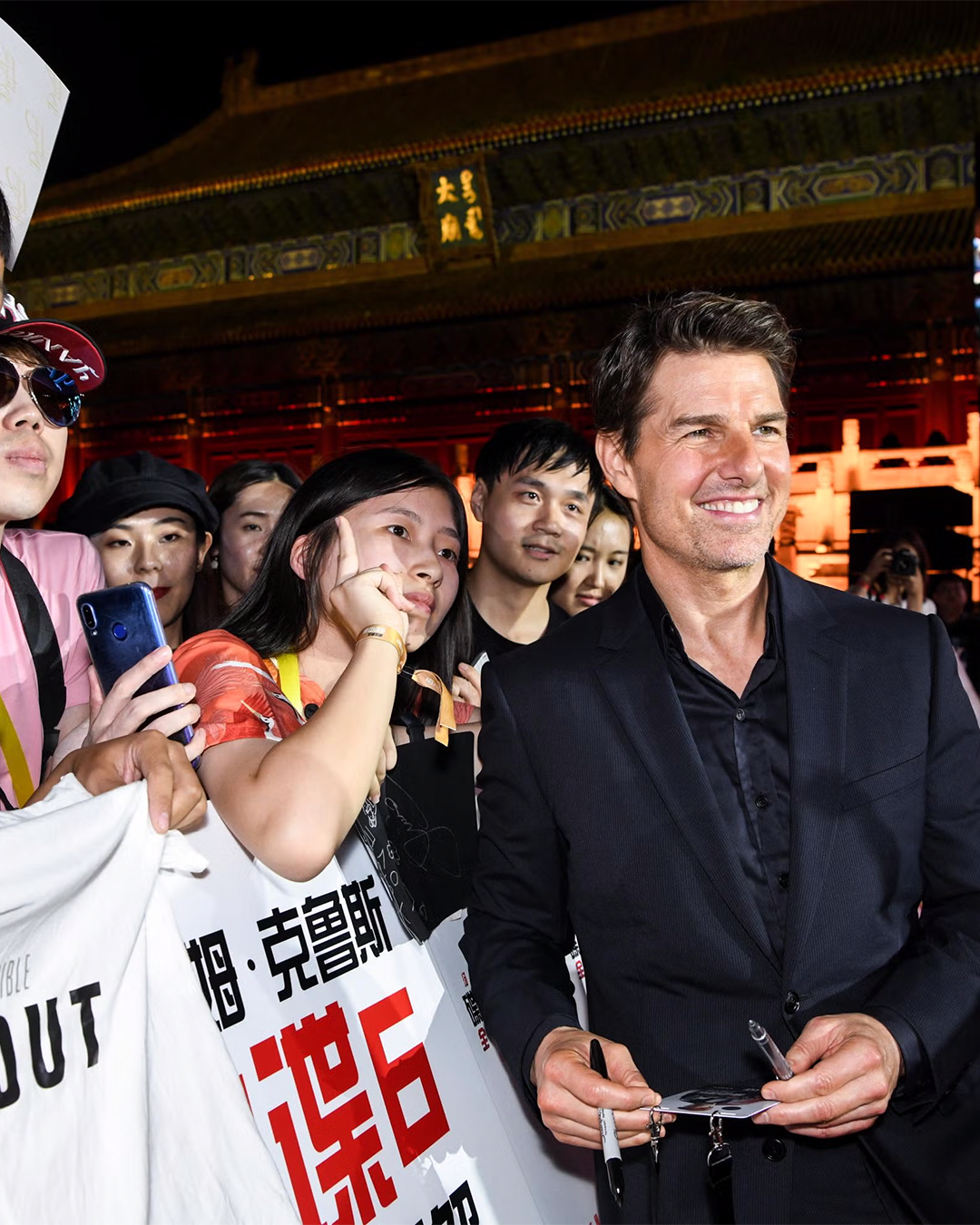
Hollywood is the new victim of Trump's tariffs The world's largest film industry could lose one of its biggest markets
Hollywood continues to struggle, and this time, the culprit is none other than Donald Trump. Following the announcement of increased tariffs imposed by the U.S. government on China (now raised to 145%), the Chinese government has decided to respond with cultural protectionist measures against the USA. As reported by The Guardian, last Thursday, the Chinese Film Administration decided to slow the import of American films into the country, stating that “the American government's wrongful actions in abusing tariffs on China will inevitably further reduce national audiences' favor toward American films.” If the American film industry were to lose Chinese audiences, the impact on box office revenue would be immediate, especially considering that many of the recent blockbuster hits (including Minecraft) drew strong support from this market segment. The latest tariff measures imposed by the Trump administration have also negatively affected the stock prices of major American film distributors (such as Paramount, Walt Disney Co, and Warner Bros). Yet, Trump’s reaction to the news was anything but concerned: the President simply commented on Beijing's move with an “I think I’ve seen worse”, in what many interpreted as an increasingly open challenge to the Chinese Central Government.
@teamtrump @President Donald J Trump is a SAVAGE #maga #fyp #donaldtrump original sound - Team Trump
Moreover, Hollywood’s position in China had already been unstable for quite some time. The Chinese market — once considered essential to offset declining revenues in the West — is increasingly shifting toward local productions capable of outperforming American titles. A striking example is the recent success of Ne Zha 2, which outperformed Pixar’s Inside Out 2, becoming the highest-grossing animated film of all time in China. Author Chris Fenton pointed out to Reuters that restricting U.S. films is a highly visible and low-risk retaliation strategy for China, especially considering that Hollywood films currently account for only 5% of total box office revenue in China and, in addition, studios receive just 25% of ticket sales (about half of what they get in other international markets). It’s also worth noting that even before this latest decision from Beijing, the number of Hollywood films approved for import into China was limited to about ten per year (often essential blockbusters), a clear sign that American cultural influence in the country had already been waning. Likewise, major Western streaming platforms such as Netflix, Amazon Prime, and Disney+ have no access to the Chinese market, where local services like iQIYI dominate the online viewing landscape.
'Ne Zha 2' crosses $2B at the worldwide box office
— Culture Crave (@CultureCrave) March 4, 2025
• First non-Hollywood film to do this
• 98% of the box office came from China
• Took 33 days pic.twitter.com/iZOhxagSGk
Certainly, the recent clampdown on American films is a response to tariffs, but it also fits into a broader context of entrenched cultural protectionism: from the promotion of the so-called New Chinese Style in fashion — a contemporary reinterpretation of traditional clothing — to the restrictions placed on various foreign entertainment products. As reported by Deadline, just this month, for example, Chinese authorities have signaled a potential easing (rather than a complete lifting) of the ban that has, since 2017, restricted the dissemination of K-pop, K-dramas, and other South Korean content, an industry considered on par with Hollywood in Asia. It remains to be seen whether this supposed easing on Korean products will also signal a similar reversal for Hollywood cinema — or whether China and the U.S. will remain locked in a confrontation that, beyond mere tariffs, reflects a broader struggle for cultural hegemony. And in a landscape where every political decision inevitably reverberates through audience tastes, the challenge facing Hollywood is not only economic — it’s deeply symbolic.












































